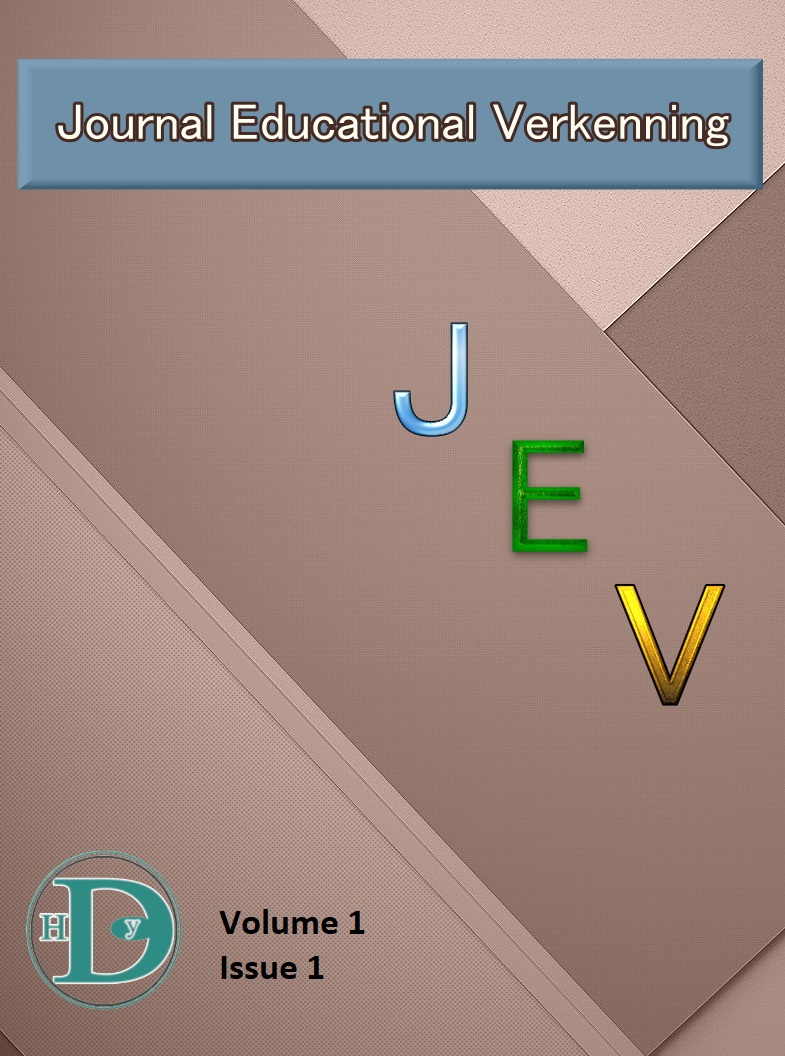
Journal Educational Verkenning
Yazarlar: ["Alaa Kareem Abed"]
Konular:-
Anahtar Kelimeler:Escapist,Palilogy,Narrativity,Imagist,Ideogram,Spatial,Temporal,Multi-layered
Özet: The evolution of Ezra Pound's escapist poetry using literary devices such as palilogy and narrativity has been a subject of much scholarly debate. Pound's poetry stands as a unique and transformative force in the development of modernist poetry, particularly through his experimentation with language and his use of literary techniques to create powerful images and narratives. Pound's use of palilogy, the repetition of a word or phrase for emphasis, is particularly evident in his early poetry. In his famous Imagist poem "In a Station of the Metro," Pound repeats the phrase "petals on a wet, black bough" to evoke a vivid image of the beauty and transience of life. Similarly, in "The River-Merchant's Wife: A Letter," Pound repeats the phrase "I will come back" to emphasize the longing and desire of the speaker to be reunited with her lover. Palilogy serves to heighten the emotional impact of these poems, creating a sense of urgency and intensity that draws the reader into the world of the poem. In his epic poem "The Cantos," Pound weaves together a vast array of historical and cultural references, creating a fragmented and multi-layered narrative that is both challenging and rewarding for the reader. Pound's use of narrativity in "The Cantos" is often seen as an attempt to create a kind of literary time machine, transporting the reader to different periods of history, and immersing them in the sights, sounds, and ideas of those times.